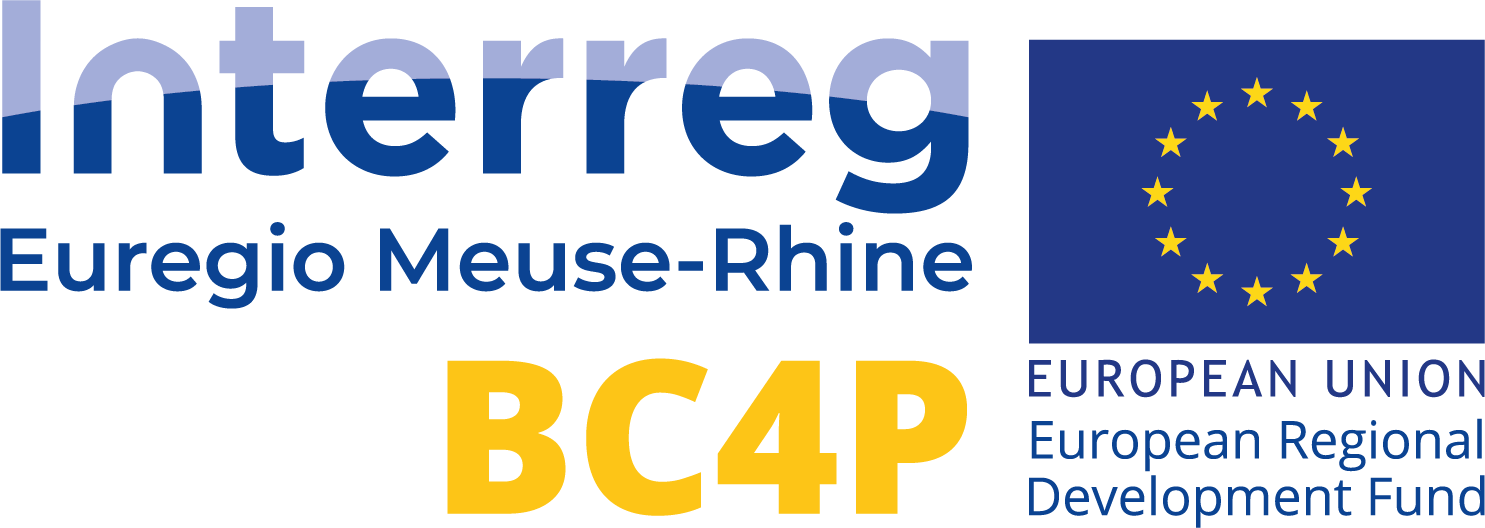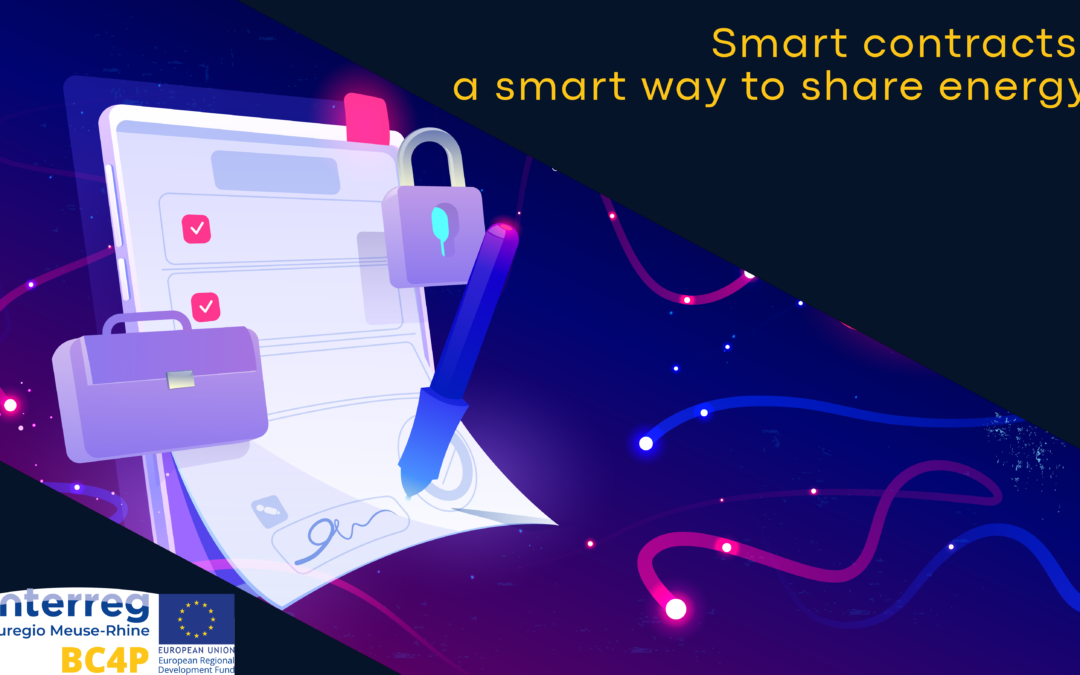Publication T2.2.1_Smart contracts for the blockchain for prosumers project
The blockchain with smart contracts makes it possible to trade locally generated energy to other consumers and users without compromising authenticity, credibility, and privacy.
The energy market in Europe is a complex system that involves the production, distribution, and consumption of energy. This market is regulated by a number of different bodies, including the European Union and national governments1.
Several types of energy sources are used in Europe, including fossil fuels (such as coal, oil, and natural gas), nuclear power, and renewable sources (such as wind, solar, and hydroelectric). These sources are used to generate electricity, which is then transmitted through a network of transmission and distribution lines to homes, businesses, and other consumers2.
A number of factors, including the availability of different energy sources, the cost of production, and energy demand, shape the energy market in Europe. There are also a number of initiatives in place to encourage the use of renewable energy sources and to reduce the region’s reliance on fossil fuels.

| Blockchain technology has the potential to revolutionize the energy market by enabling the creation of decentralized networks for the production and distribution of energy. |
These platforms allow individuals and businesses to buy and sell excess energy that they generate from renewable sources, such as solar panels or wind turbines. This can increase the amount of renewable energy used and reduce reliance on fossil fuels.
The blockchain can also be used to create smart contracts that automate buying and selling energy5. These contracts can be programmed to execute automatically when certain conditions are met, such as when the energy price reaches a certain level or when a certain amount of energy has been generated. This can help to make the energy market more efficient and reduce the need for intermediaries.
In addition, the blockchain can be used to create more transparent and secure energy supply chains. It can be used to track the production and distribution of energy, ensuring that it is being used sustainably and ethically. This can help to build trust in the energy market and increase confidence in the renewable energy sector.
1Pepermans, Guido. “European energy market liberalization: experiences and challenges.” International Journal of Economic Policy Studies 13.1 (2019): 3-26.
2https://publicgoods.eu/comparison-production-and-consumption-energy-european-union
3Andoni, Merlinda, et al. “Blockchain technology in the energy sector: A systematic review of challenges and
opportunities.” Renewable and sustainable energy reviews 100 (2019): 143-174.
4 M. Abdelwahed, T. A. Boghdady, A. Madian, and R. Shalaby, “Energy Trading Based on Smart Contract Blockchain Application,” 2020 International Conference on Innovation and Intelligence for Informatics, 3 Computing and Technologies (3ICT), 2020, pp. 1-6, doi: 10.1109/3ICT51146.2020.9312010.
Contact: info@blockchain4prosumers.eu

